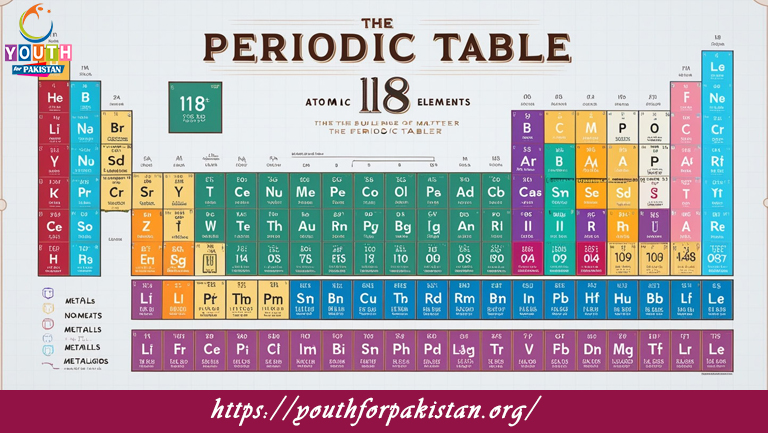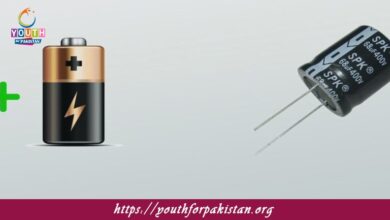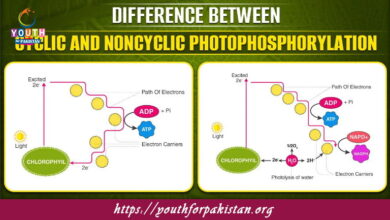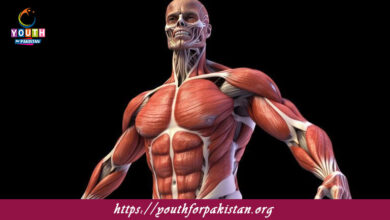Group1 Elements (Alkali Metals) MDCAT MCQs with Answers

Welcome to the Group1 Elements (Alkali Metals) MDCAT MCQs with Answers. In this post, we have shared Group1 Elements (Alkali Metals) Multiple Choice Questions and Answers for PMC MDCAT 2024. Each question in MDCAT Chemistry offers a chance to enhance your knowledge regarding Group1 Elements (Alkali Metals) MCQs in this MDCAT Online Test.
Which of the following is the most reactive alkali metal?
a) Lithium
b) Sodium
c) Potassium
d) Cesium
The alkali metal that is commonly used in batteries is:
a) Lithium
b) Sodium
c) Potassium
d) Rubidium
The alkali metal that reacts violently with water to form a strongly alkaline solution is:
a) Lithium
b) Sodium
c) Potassium
d) Cesium
Which alkali metal has the lowest melting point?
a) Lithium
b) Sodium
c) Potassium
d) Rubidium
The alkali metal that is a liquid at room temperature is:
a) Lithium
b) Sodium
c) Potassium
d) Cesium
Which of the following alkali metals forms a peroxide when reacted with oxygen?
a) Lithium
b) Sodium
c) Potassium
d) Rubidium
The color of the flame produced by burning lithium is:
a) Red
b) Yellow
c) Green
d) Blue
Which alkali metal has the highest density?
a) Lithium
b) Sodium
c) Potassium
d) Cesium
The alkali metal with the lowest ionization energy is:
a) Sodium
b) Potassium
c) Rubidium
d) Cesium
The flame color produced by burning sodium salts is:
a) Red
b) Yellow
c) Blue
d) Green
Which alkali metal forms a colorless solution when reacted with water?
a) Lithium
b) Sodium
c) Potassium
d) Rubidium
The reactivity of alkali metals with water:
a) Increases down the group
b) Decreases down the group
c) Remains constant
d) Fluctuates
The Group 1 element that forms a white solid when reacted with chlorine is:
a) Lithium
b) Sodium
c) Potassium
d) Rubidium
The alkali metal that is most commonly used in street lights is:
a) Lithium
b) Sodium
c) Potassium
d) Rubidium
Which alkali metal reacts with air to form an oxide?
a) Lithium
b) Sodium
c) Potassium
d) Cesium
The alkali metal with the highest atomic radius is:
a) Sodium
b) Potassium
c) Rubidium
d) Cesium
The solubility of alkali metal hydroxides in water:
a) Increases down the group
b) Decreases down the group
c) Remains constant
d) Fluctuates
The Group 1 element that is most likely to form a peroxide with oxygen is:
a) Lithium
b) Sodium
c) Potassium
d) Rubidium
The alkali metal with the highest reactivity with air is:
a) Lithium
b) Sodium
c) Potassium
d) Rubidium
The Group 1 element that is least dense is:
a) Sodium
b) Potassium
c) Lithium
d) Cesium
Which alkali metal is commonly used in high-energy batteries?
a) Lithium
b) Sodium
c) Potassium
d) Rubidium
The flame color produced by burning potassium salts is:
a) Red
b) Yellow
c) Lilac
d) Green
The most reactive alkali metal in terms of reaction with water is:
a) Sodium
b) Potassium
c) Rubidium
d) Cesium
The alkali metal that forms a violet-colored flame when burned is:
a) Lithium
b) Sodium
c) Potassium
d) Rubidium
The alkali metal that is used to make glassware is:
a) Lithium
b) Sodium
c) Potassium
d) Rubidium
The alkali metal with the highest thermal conductivity is:
a) Lithium
b) Sodium
c) Potassium
d) Rubidium
The alkali metal that reacts with water to produce a colorless solution and hydrogen gas is:
a) Sodium
b) Potassium
c) Lithium
d) Cesium
Which alkali metal forms a superoxide when reacted with oxygen?
a) Lithium
b) Sodium
c) Potassium
d) Rubidium
The alkali metal that has the lowest boiling point is:
a) Lithium
b) Sodium
c) Potassium
d) Rubidium
The Group 1 metal that is used in some types of glass and ceramics is:
a) Sodium
b) Potassium
c) Lithium
d) Rubidium
The solubility of alkali metal carbonates in water:
a) Increases down the group
b) Decreases down the group
c) Remains constant
d) Fluctuates
The alkali metal that forms a white solid when reacted with sulfur is:
a) Lithium
b) Sodium
c) Potassium
d) Rubidium
The alkali metal with the highest chemical reactivity is:
a) Sodium
b) Potassium
c) Rubidium
d) Cesium
The element that is stored under oil due to its high reactivity with air is:
a) Sodium
b) Lithium
c) Potassium
d) Rubidium
The flame color produced by burning cesium salts is:
a) Red
b) Yellow
c) Blue
d) Green
The Group 1 element that reacts with chlorine to form a white solid is:
a) Sodium
b) Potassium
c) Rubidium
d) Cesium
The alkali metal that is commonly used in the production of atomic clocks is:
a) Sodium
b) Potassium
c) Lithium
d) Cesium
The flame color of rubidium salts is:
a) Red
b) Blue
c) Violet
d) Green
The alkali metal with the highest electronegativity is:
a) Lithium
b) Sodium
c) Potassium
d) Rubidium
The alkali metal that forms a strong base in solution and reacts vigorously with cold water is:
a) Sodium
b) Potassium
c) Rubidium
d) Cesium
If you are interested to enhance your knowledge regarding Physics, Chemistry, Computer, and Biology please click on the link of each category, you will be redirected to dedicated website for each category.





